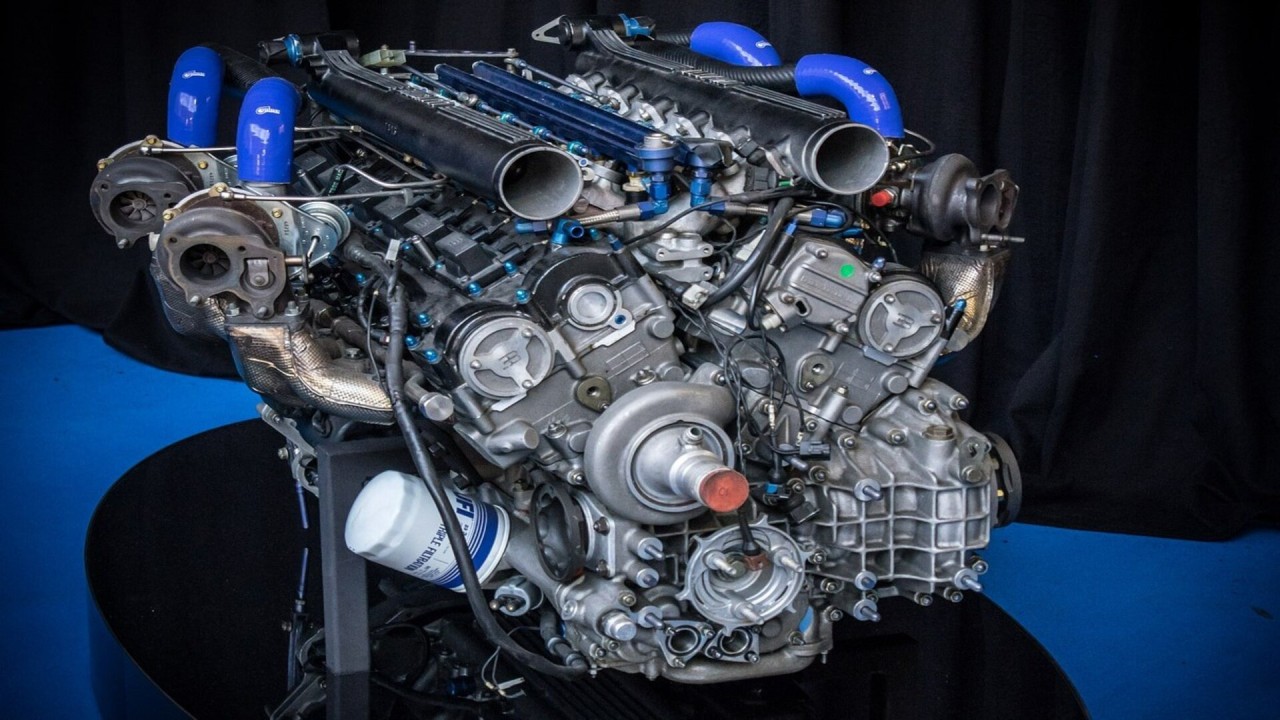Why Select Engines For Africa for Reliable Motors
Why Select Engines For Africa for Reliable Motors
Blog Article
A Complete Guide to Selecting the Right Engine for Your Project
Selecting the proper engine for your project is a vital choice that can significantly impact its general success. It is important to diligently define your task needs, assess efficiency demands, and think about user-friendliness along with other crucial variables. In addition, recognizing the neighborhood assistance readily available and looking at expense ramifications can even more fine-tune your option. Each of these aspects plays a pivotal role in making sure that your chosen engine not just meets prompt purposes but likewise aligns with long-term aspirations. As we discover these factors to consider, you might discover that the subtleties of each aspect disclose even more than originally expected.
Specify Your Project Needs
Specifying your project needs is a critical action in selecting the suitable engine for effective execution. A comprehensive understanding of your project's purposes will direct you in recognizing the capabilities and features needed from an engine. Begin by describing the scope of your project, including the preferred functionality, target market, and the particular end results you aim to accomplish.
Next, think about the technological demands that line up with your project objectives. This includes examining the compatibility of the engine with existing systems, as well as the shows languages and frameworks that will be used. Additionally, examine the degree of scalability needed to suit future growth or changes popular.
Budget constraints also play an essential role in specifying your job requires. Develop a clear monetary structure to direct your decision-making process, making sure that the engine picked fits within your budget while supplying the required capability.
Evaluate Efficiency Needs

Next, consider the scalability of the engine. Examine whether it can deal with enhanced workloads as your job grows. Engines that support horizontal scaling are commonly more effective for bigger applications. Furthermore, examine the engine's performance under different problems, such as peak usage scenarios, to guarantee it meets your dependability requirements.
Take Into Consideration Ease of Usage
While technical specifications are crucial, the convenience of use of an engine can considerably influence the development process and general task success. An intuitive user interface, clear documentation, and structured workflows can substantially decrease the discovering curve for programmers, allowing them to concentrate on creativity and analytical rather than facing facility tools.
When assessing an engine's convenience of use, think about the onboarding experience. A well-structured intro, full with tutorials and sample tasks, can assist in a smoother change for new customers. Additionally, the clearness and comprehensiveness of the engine's documentation play a crucial function; comprehensive overviews and API recommendations can equip developers to fix and execute functions efficiently.
An engine that enables for easy alterations can be more user-friendly, as designers can customize it to fit their particular requirements without considerable trouble. Eventually, picking an engine that focuses on ease of use can lead to a more delightful and effective development experience.
Assess Neighborhood and Assistance
The stamina of an engine's neighborhood and support network can considerably influence a programmer's experience and success. When evaluating an engine, consider the dimension and activity degree of its community.
In addition, examine the availability of main support networks. Reliable documentation, responsive customer assistance, and regular updates are necessary for addressing technical problems and maintaining your task on course. Engines For Africa. Active communities also foster partnership, supplying possibilities for networking and comments, which can be very useful, specifically for small teams or independent designers
In addition, check out the presence of community-run events, such as hackathons or meetups. These celebrations can enhance your understanding of the engine while attaching you with possible collaborators and knowledgeable individuals. In recap, a robust community and support system not he said only simplify advancement however also create an environment for discovering and innovation, ultimately enhancing the likelihood of your project's success.
Compare Price and Licensing Alternatives
Budget plan considerations play an essential function in choosing the right engine for your job, as the cost and licensing options can dramatically influence both temporary expenses and long-term practicality. Engines For Africa. Different engines offer varying rates structures, which can consist of one-time purchase fees, membership models, or revenue-sharing arrangements based upon your project's incomes

Licensing alternatives additionally vary considerably. Some engines are open-source, offering more versatility and community-driven support, while others might call for proprietary licenses that limit use and circulation. Comprehending the implications of each licensing version is essential, as it impacts ownership rights, future scalability, and potential lawful responsibilities.
Verdict
To conclude, selecting the appropriate engine for a task demands a comprehensive analysis of specified project requirements, performance needs, convenience of use, community assistance, and price factors to consider. By systematically attending to these vital factors, decision-makers can make sure alignment with both future and existing job demands. A knowledgeable option eventually improves the likelihood of task success, enabling effective resource allotment and optimizing prospective end results within the defined financial restrictions.
Choosing the ideal engine for your project is an important choice that can dramatically impact its total success.Specifying your task needs is an important action in selecting the proper engine for successful application. A comprehensive understanding of your task's objectives will certainly lead you in see determining the capacities and features required from an engine.Once you have a clear understanding of your project requires, the following action is to review the efficiency demands of the engine.In final thought, choosing the proper engine for a project demands a thorough examination of specified job needs, efficiency demands, convenience of usage, community assistance, and expense factors to consider.
Report this page